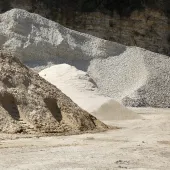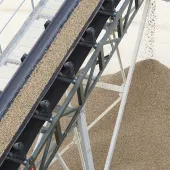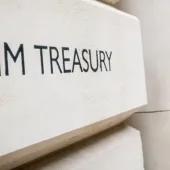European Union orders Aggregates Levy review
THE British Aggregates Association (BAA) says it is hopeful that the Aggregates Levy will be scrapped following the recent decision by the European Court of Justice (ECJ) to order a review into the original justification for the tax.
The BAA, which has fought against the Aggregates Levy since its introduction by the UK Government in April 2002, has long claimed the levy is illegal under state aid rules and says it is now very unlikely it can survive in its present form.
At last month’s hearing, the ECJ overturned the 2006 decision by the Court of First Instance (CFI) that the Aggregates Levy was lawful and did not constitute state aid. The higher court has now sent the case back to the CFI for reconsideration.
According to the BAA, the judgment was in line with the earlier opinion of Advocate General Mengozzi, of the European Court of Justice, who recommended that the CFI judgment should be quashed.
In reaching his conclusion, the Advocate General criticised several aspects of the CFI’s reasoning. Most significantly, he found that the CFI had failed to carry out a comprehensive review of the legal basis of the original European Commission (EC) decision to approve the levy.
Such an error, he said, impugned the very basis of the CFI’s ruling and ‘could undermine the entire assessment of the merits of the [EC’s] decision.’
Welcoming the ECJ’s decision to order a review, BAA director Robert Durward said it was noteworthy that the court had agreed with the BAA on every fundamental point.
‘This makes it very unlikely that the Aggregates Levy can survive in its present form,’ he said. ‘It would appear that the CFI will now have little option but to declare that the levy, as it stands, constitutes illegal state aid and must be modified or scrapped.’
Mr Durward added that for the Aggregates Levy to comply with Article 87(1) EC, it would have to be extended – retrospectively – to all currently exempt minerals, such as coal, slate and china clay.









